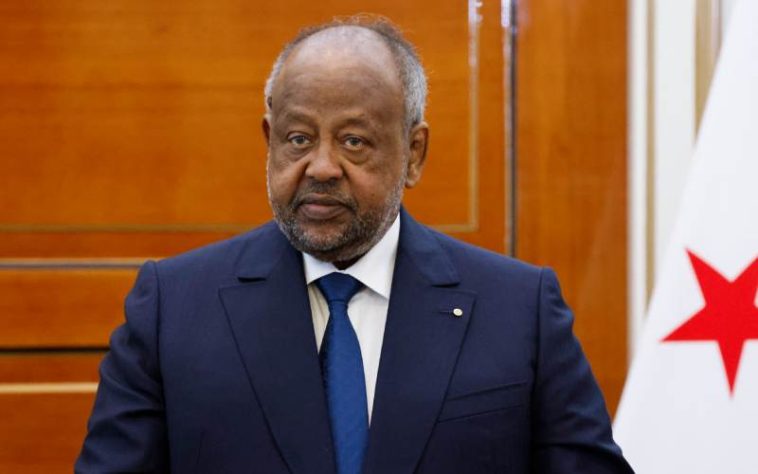Djibouti has removed the age restriction for presidential candidates, allowing long-time leader Ismail Omar Guelleh to seek a sixth term. The parliament approved the constitutional change unanimously on Sunday, according to Speaker Dileita Mohamed Dileita. The move marks a major shift in the Horn of Africa nation’s political landscape and secures Guelleh’s path to the April 2026 elections.

Guelleh, 77, has ruled Djibouti since 1999, making him one of Africa’s longest-serving leaders. The strategically located country hosts military bases for the United States, France, China, Japan and Italy, making it a vital hub for international trade and security. The amendment removes the previous age cap of 75, giving Guelleh the legal clearance to extend his presidency.
“The National Assembly ratified the removal of the age limit today, so it is official,” Dileita told AFP. The initial vote had passed a week earlier and was subsequently approved by Guelleh before returning to lawmakers for final ratification. The unanimous backing demonstrates Guelleh’s strong influence over the legislature and highlights the limited opposition within the country.
Observers say the amendment faces little challenge in upcoming elections, as Djibouti exercises strict control over media and political dissent. Critics argue that extending the president’s term entrenches one-man rule and limits democratic competition, while supporters contend that continuity ensures political stability in a strategically important nation.
Under Guelleh’s leadership, Djibouti has experienced significant foreign investment and infrastructure development, particularly in port facilities and logistics, strengthening its role as a regional hub. Analysts predict that extending his rule will further consolidate ties with global powers that rely on Djibouti’s ports for trade and military operations.
By eliminating the age limit, Djibouti joins several African nations where constitutional changes allow incumbents to extend tenure. While the amendment secures Guelleh’s political future, it raises concerns among international observers about democratic governance and political pluralism.
With the stage set for the 2026 elections, Guelleh’s continued leadership promises stability but also underscores the challenges of fostering competitive politics. The constitutional change reinforces his grip on the nation’s political and economic framework, ensuring Djibouti remains a key strategic player in the region.
Discover more from ULIZA LINKS NEWS
Subscribe to get the latest posts sent to your email.



